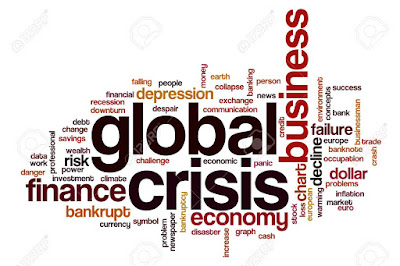Evaluation of Public Health Practices in Terms of Right to Health and Human Rights
States long ago were managed in autocratic and repressive ways. Throughout history, various totalitarian tyrants first restricted the rights of their own people and then turned towards the lives of people living in other dormitories. It is argued why the dictators in question applied these practices and why they become a subject of the bloody pages of history, but there is only one truth that should not change. This fact is that everyone has the right to live freely (Dayton, et al., 2019). This fact has been better understood after facing the bloody consequences of World War II. Although the concept of human rights is based on Magna Carta, the Universal Declaration of Human Rights, which is the subject of this article, was published in 1948. The United Nations Human Rights Commission drafted the declaration in June 1948 and, with several changes, it was adopted as 30 articles after the UN General Assembly meeting in Paris on 10 December 1948. II. World War after, states united in guara...




